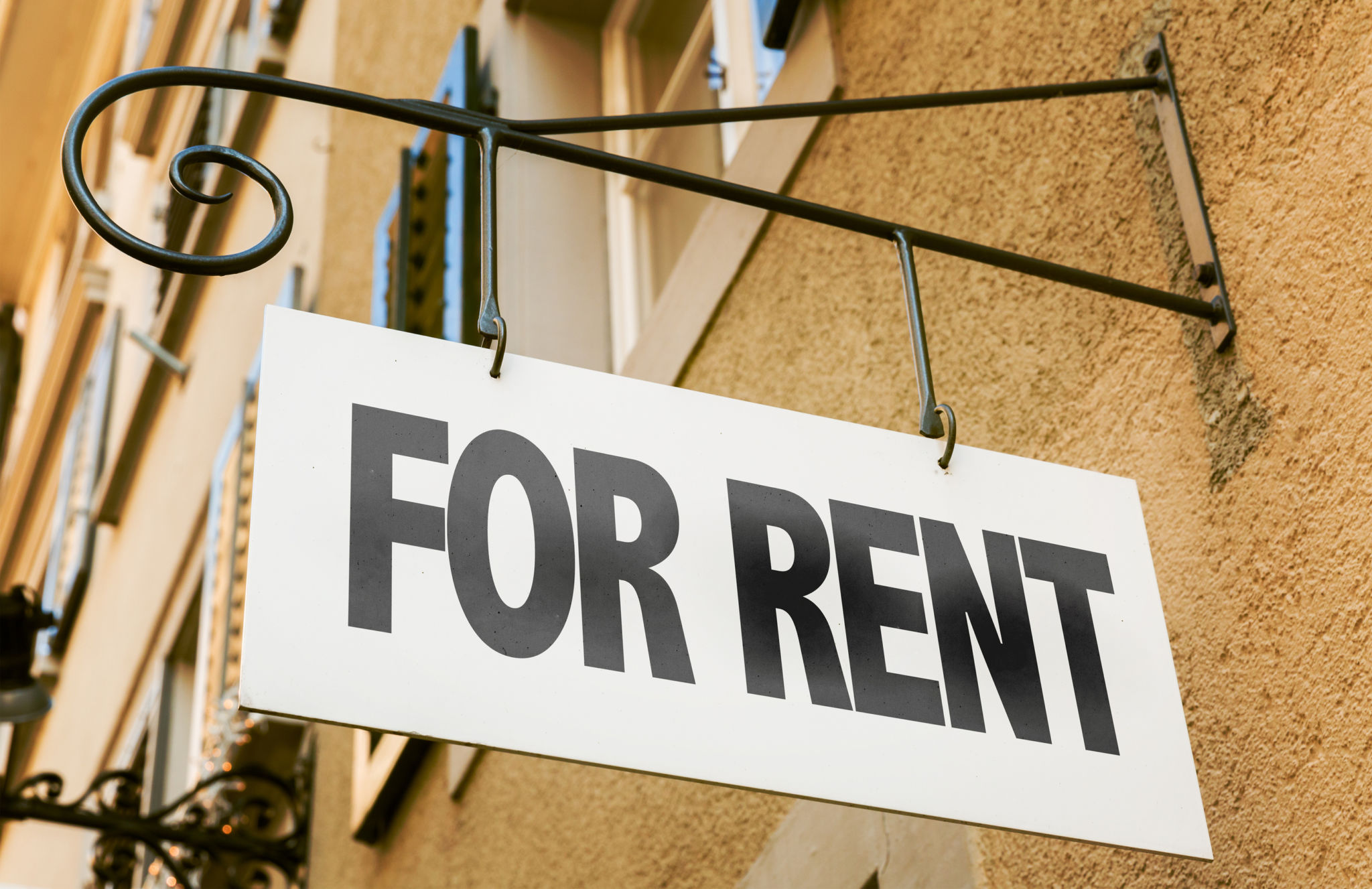In today’s uncertain housing market, many are asking the same question: renting vs buying a home — which is the smarter financial move? Whether you’re a first-time homebuyer or a long-time renter, deciding where to put your money is more important than ever. This post breaks down the pros and cons of each option, dives into current real estate trends, and helps you understand which path may lead to greater financial stability.
Understanding the Costs of Renting
Renting offers flexibility and minimal upfront costs, making it attractive for those not ready to commit to a long-term investment. When you rent, your initial expenses typically include a security deposit and first month’s rent.
However, the cost of renting a home has been steadily rising, especially in urban areas. According to recent market data, rent prices have increased year-over-year in most U.S. cities, with limited signs of slowing. And unlike homeownership, rent payments don’t build equity. You’re essentially paying for a place to live without the benefit of ownership.
Renting does include perks like:
- No responsibility for maintenance or repairs
- Easier relocation
- Lower upfront costs
But the lack of long-term financial return can be a major downside.
Evaluating the Costs of Buying a Home
Buying a home is often seen as a cornerstone of financial success. Yet, it’s crucial to understand the full homeownership costs involved. These include the down payment, closing costs, property taxes, homeowner’s insurance, and ongoing maintenance.
While the upfront investment is much higher, homeowners build equity over time, which can lead to long-term financial gain. Additionally, owning a home can offer more stability, tax advantages, and the opportunity to personalize and improve your living space.
However, owning isn’t for everyone. In a fluctuating market or if you’re unsure about staying in one place long-term, buying may not make financial sense.
Market Trends: What Do the Numbers Say?
Keeping an eye on current real estate market trends is key to making an informed decision. As of early 2025, mortgage rates remain elevated compared to previous years, impacting monthly payments for buyers. However, rent prices are also at historic highs.
In many parts of the country, the cost difference between renting and buying is narrowing. While buying might have a higher initial cost, rising rents can sometimes make monthly mortgage payments comparable or even cheaper in the long run.
Financial Flexibility and Long-Term Planning
The decision between renting and buying comes down to your personal financial goals. Are you looking for flexibility and short-term savings, or do you want to build equity and invest in long-term stability?

Smart financial planning for housing means considering your income stability, credit score, savings for a down payment, and lifestyle preferences. Renting may free up cash for investing elsewhere, while buying can serve as a form of forced savings and future wealth-building.
So, What Makes More Financial Sense?
There’s no one-size-fits-all answer. When weighing the renting vs buying pros and cons, you need to align your decision with your life plans and financial situation.
Buying may make more sense if you:
- Plan to stay in one place for 5+ years
- Have stable income and savings
- Want to build equity and wealth over time
Renting may be smarter if you:
- Expect to move within a few years
- Prefer low upfront costs
- Want to avoid maintenance responsibilities
Ultimately, the best choice is the one that fits your unique circumstances and goals.






